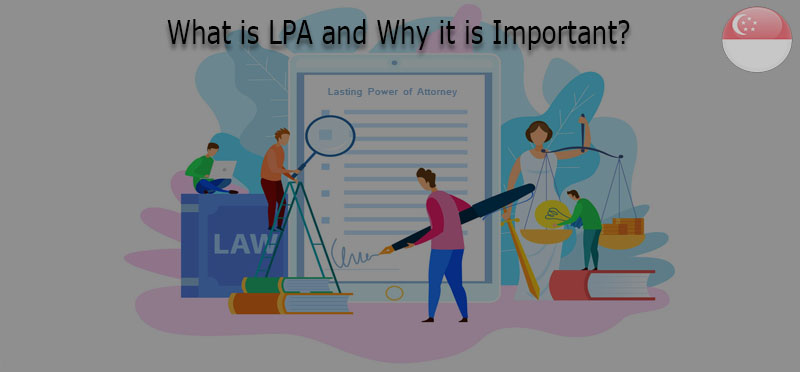
LPA is a legal provision where we assign another person with the lasting power of attorney if we become mentally incapable.
In case a plaintiff does not appoint an LPA to anyone, the court provides a deputy to act on their behalf if they deemed unstable to administer decisions.
It also surpasses the need for an expensive court order.
The person receiving administrative rights (called donee) by LPA can be either a professional or an organization or anyone else acting without any remuneration.
However, they must be at least 21 years old. Section 6 of the Mental Capacity Act defines the duties of the donee.
Section 13 and 14 of the Mental Capacity Act limit the authority of the done over decisions taken in the donor’s interest.
The court may intervene if any issue jeopardizes the rights and welfare of the donor.
The restrictions include –
- Restraining the donor
- Medical treatment
- Nominations under the Insurance Act
- Execution of wills for the donor
- CPF funds
- Property deals
Courtroom drama following a lawsuit is emotionally and physically draining. It becomes daunting given how vulnerable we are while fighting a case.
Attorneys use personal information or our experiences against us as evidence, which may become public knowledge.
Hence, LPA ensures our rights and interests are protected even if we cannot personally take decisions. It gives control over who is assigned the duties in our stead.
The application for an LPA
The application for an LPA requires the signature on two forms – Form 1 and Form 2.
Certify the documents by certificate issuers like a practising lawyer, doctor or psychiatrist.
You need to declare that you understand the circumstances and scope of LPA.
Finally, the OPG receives and approves your request, unless any objection or dispute arises.
Why LPA is important in Singapore?
LPA has lost its relevance over time with more people, irrespective of age or background, are considering the procedure unnecessary and irrelevant.
However, the authority in making decisions do not pass onto next of kin always.
1 in 3 people
Statistics say that 1 in 3 people over the age of 65 may develop amnesia or dementia, and 1 in 5 people suffer from brain injuries every 90 minutes.
LPA protects your interests in case the worst happens, and it is always advisable to safeguard your future.
You can fill-up the form on our website and get in touch with legal advisors and attorneys to resolve any questions or queries you may have regarding LPA and the law.
